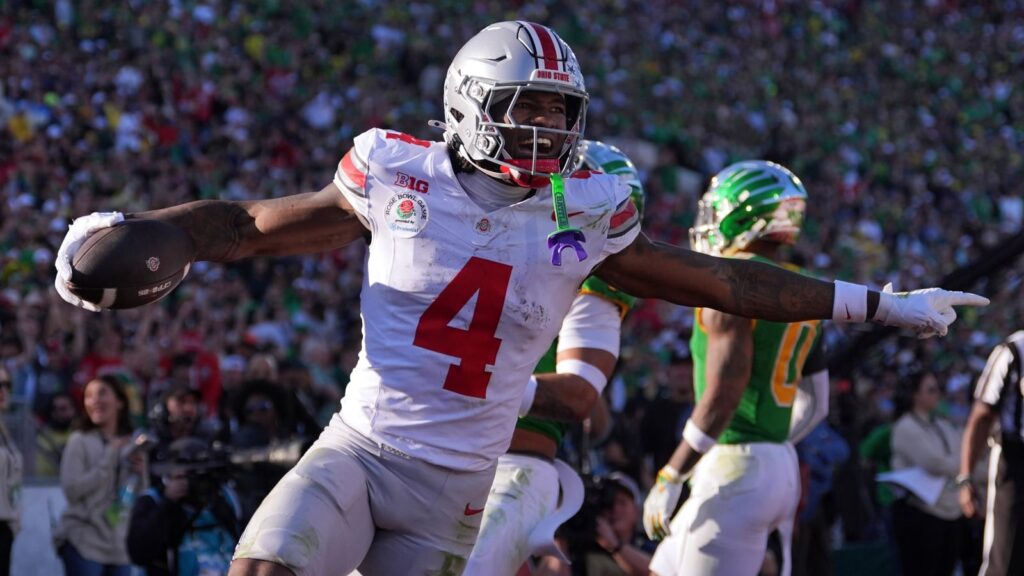In a statement to colleges on Thursday, the new body in charge of overseeing name, image, and likeness transactions in collegiate athletics stated that it had turned down agreements between athletes and collectives supported by donors that had been established during the previous few years to transfer funds to athletes or their institutions.
According to the document, the agreements lack a legitimate commercial purpose and do not comply with regulations requiring outside NIL transactions to be made between players and businesses that offer goods or services to the public for financial gain.
In the early days of NIL after July 2021, the most effective way for schools to covertly strike deals with players was through the collective, and the letter to Division I athletic directors may be the next move in ending the current form of the collective.
The $2.8 billion House settlement, which permits schools to pay the players directly starting of July 1, has since altered the situation once further.
Collectives from Colorado, Alabama, Georgia, Notre Dame, and other states have already declared their closure. Among those who have declared plans to work with Learfield, a media and technology business with decades of licensing and other experience in college athletics, to assist negotiate NIL partnerships are Georgia, Ohio State, and Illinois.
Outside agreements between athletes and sponsors are still allowed, but any that total $600 or more must be approved by NIL Go, a clearinghouse administered by the auditing firm Deloitte and created by the new College Sports Commission.
Since NIL Go debuted on June 11, more than 1,500 agreements worth between three and seven figures had been cleared, according to the CSC’s letter to the ADs. The system has 1,100 institutional users and over 12,000 athletes registered.
However, the main body of the letter clarified that numerous transactions were rejected due to their failure to comply with an NCAA regulation that establishes a legitimate business purpose requirement for transactions to be accepted.
According to the letter, the standard is not met if a collective enters into an agreement with an athlete to perform on the collective’s behalf and charges an admission fee because the event’s goal is to raise money to compensate athletes rather than to offer goods or services to the general public for profit.
The same would hold true for an athlete’s agreement to sell merchandise in order to raise money to pay the player, as the NCAA rule states that selling merchandise is not a legitimate business purpose and is done primarily to pay the student-athlete and possibly other student-athletes at a specific school or schools.
The guidelines may unfairly affect collectives that are already committed to investing in athletes for several years to come, according to sports lawyer Darren Heitner, who practices in NIL.
According to him, collective deals filed to Deloitte may be subject to legal examination under antitrust laws if there is a trend of denials.
Separately, the NCAA and other college sports executives are asking Congress for a restricted type of antitrust protection.
According to the letter, a NIL arrangement may be accepted if the companies that were paying the athletes, for example, had a goal other than just working together. Examples included in the letter include a golf facility and clothing store.
To put it another way, the letter stated that NIL collectives may serve as marketing organizations that pair student-athletes with legitimate businesses that aim to leverage the student’s NIL to advertise their enterprises.





More Stories
New college sports agency rejecting some athlete NIL deals with donor-backed collectives
New college sports agency rejecting some athlete NIL deals with donor-backed collectives
New college sports agency rejecting some athlete NIL deals with donor-backed collectives